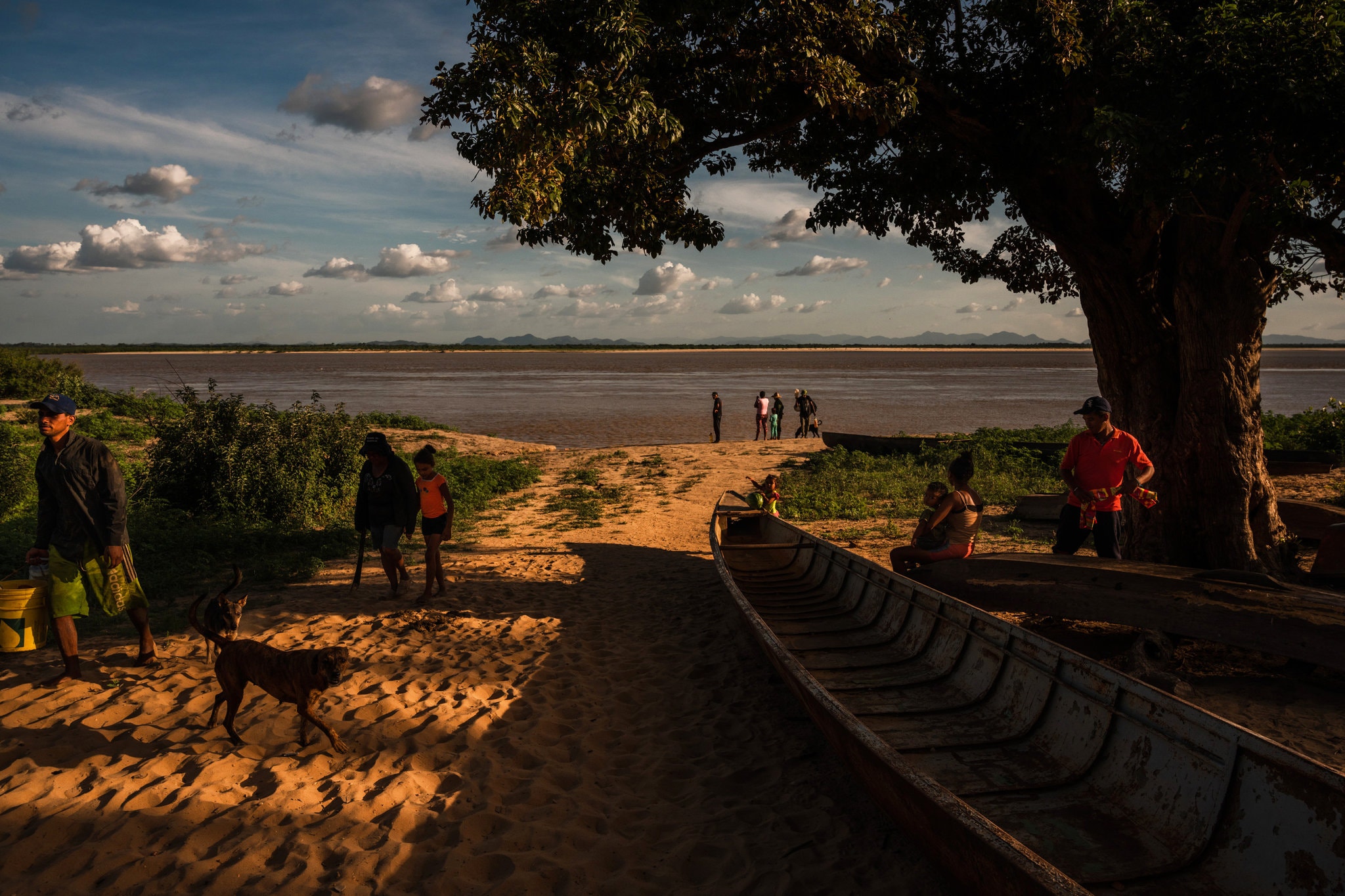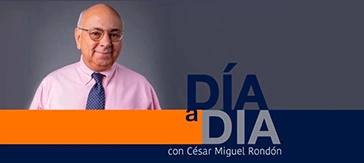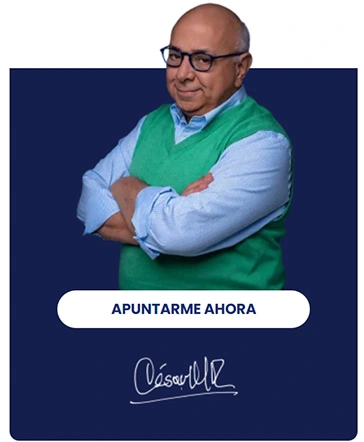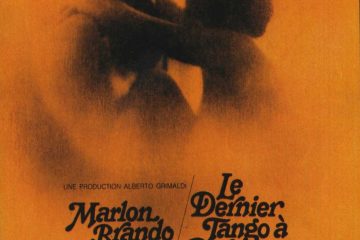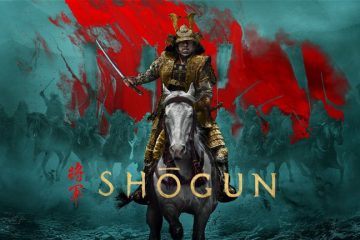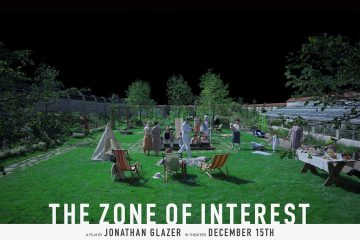Publicado en: The New York Times
Por: Anatoly Kurmanaev
President Nicolás Maduro is channeling resources to Caracas while abandoning rural Venezuelans, who are often without electricity, police or currency.
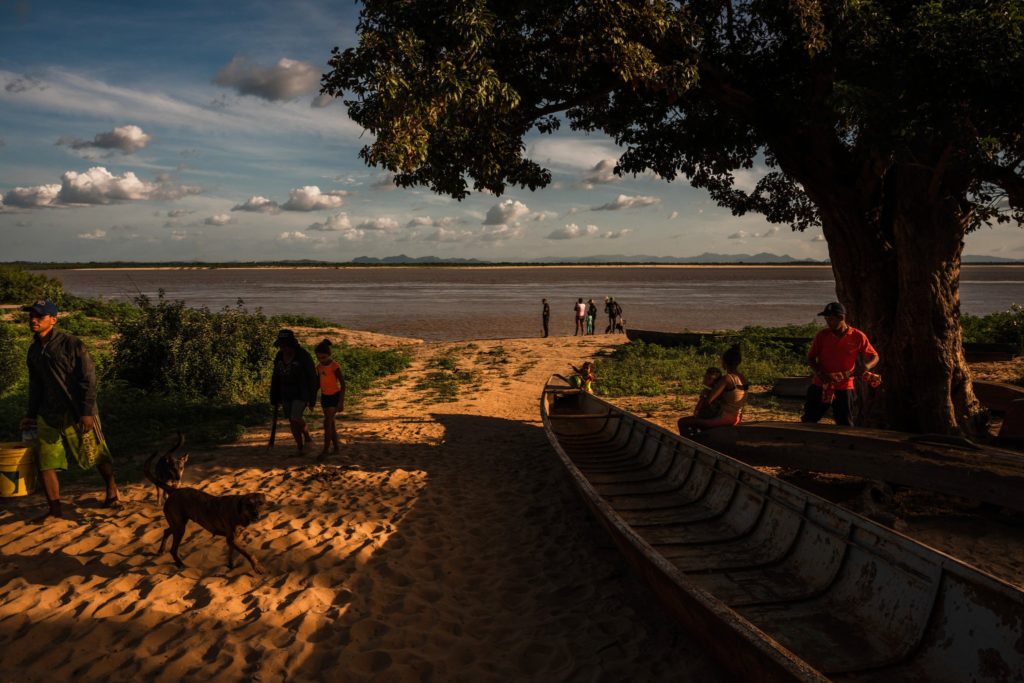
Cortesía: Adriana Loureiro Fernández
From his palace in Caracas, President Nicolás Maduro projects an image of strength and his grip on power appears secure. Residents have a regular supply of electricity and gasoline. Shops are bursting with imported goods.
But beyond the city, this facade of order quickly melts away. In order to preserve the quality of life of his most important backers, the country’s political and military elites, his administration has poured the country’s dwindling resources into Caracas and forsaken large swaths of Venezuela.
“Venezuela is broken as a state, as a country,” said Dimitris Pantoulas, a political analyst in Caracas. “The few available resources are invested in the capital to protect the seat of power, creating a ministate amid the collapse.”
Across much of the country, basic government functions like policing, road maintenance, health care and public utilities have been abandoned.
The only remaining evidence of the state in Parmana, a fishing village on the banks of the Orinoco River, is the three teachers who remain at the school, which lacks food, books, and even a marker for the board.
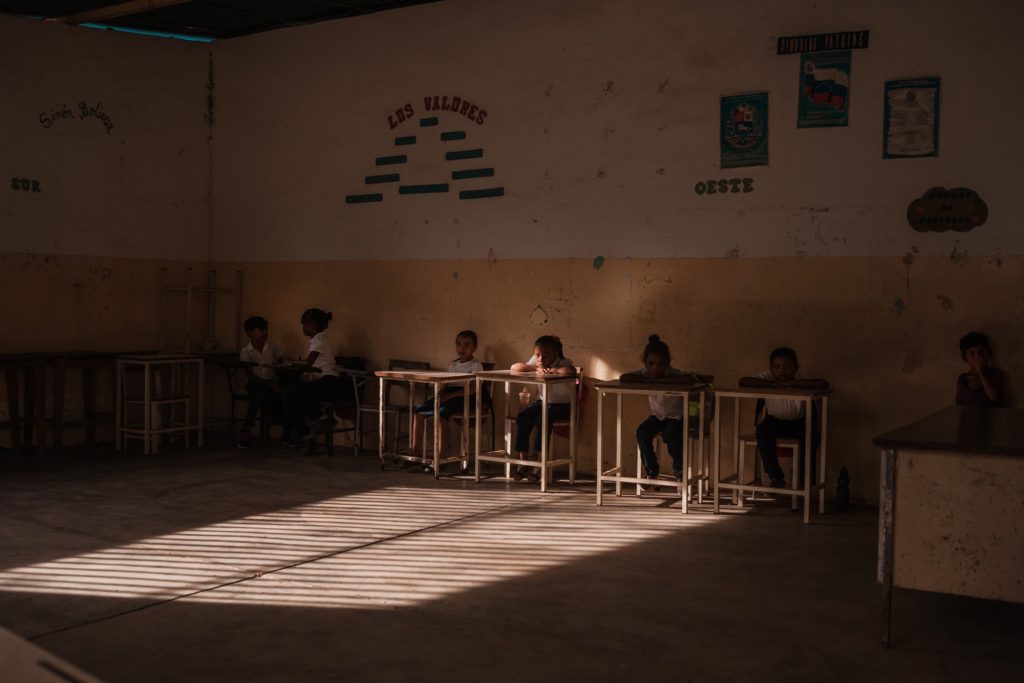
Cortesía: Adriana Loureiro Fernández
The priest was the first to leave Parmana. As the economic crisis deepened, the social workers, the police, the community doctor and several of the schoolteachers deserted.
Overwhelmed by crime, the village’s residents say, they turned to Colombian guerrillas for protection.
“We are forgotten,” said Herminia Martínez, 83, as she stooped with a machete in the tropical heat to tend an overgrown bean field. “There’s no government here.”
A year ago, it seemed, for a moment, that Mr. Maduro’s critics might have a chance to oust him. An opposition leader, Juan Guaidó, had staged the biggest challenge to Mr. Maduro’s rule to date by claiming the presidency and quickly winning support from the United States and almost 60 other countries.
Now Mr. Maduro’s adversaries have lost momentum. The Trump administration remains supportive of Mr. Guaidó: On Monday, the United States issued new sanctions against government allies who tried to block him from assuming the leadership of the country’s National Assembly. Despite this pressure, Mr. Maduro’s tenure seems secure, in part because of how well Mr. Maduro’s policies have bolstered Caracas.
But the economy, suffering from poor management, diminished oil and gold exports and crippling sanctions by the United States, is now entering its seventh year of a devastating contraction.
This lasting depression, along with the retrenchment of the state, has allowed much of the nation’s infrastructure to fall into neglect.
It has also led to Venezuela’s breakup into localized economies with only nominal links to Caracas. As runaway inflation rendered the country’s currency, the bolívar, practically worthless, dollars, euros, gold and the currencies of three neighboring countries began to circulate in different parts of Venezuela. Barter is rampant.
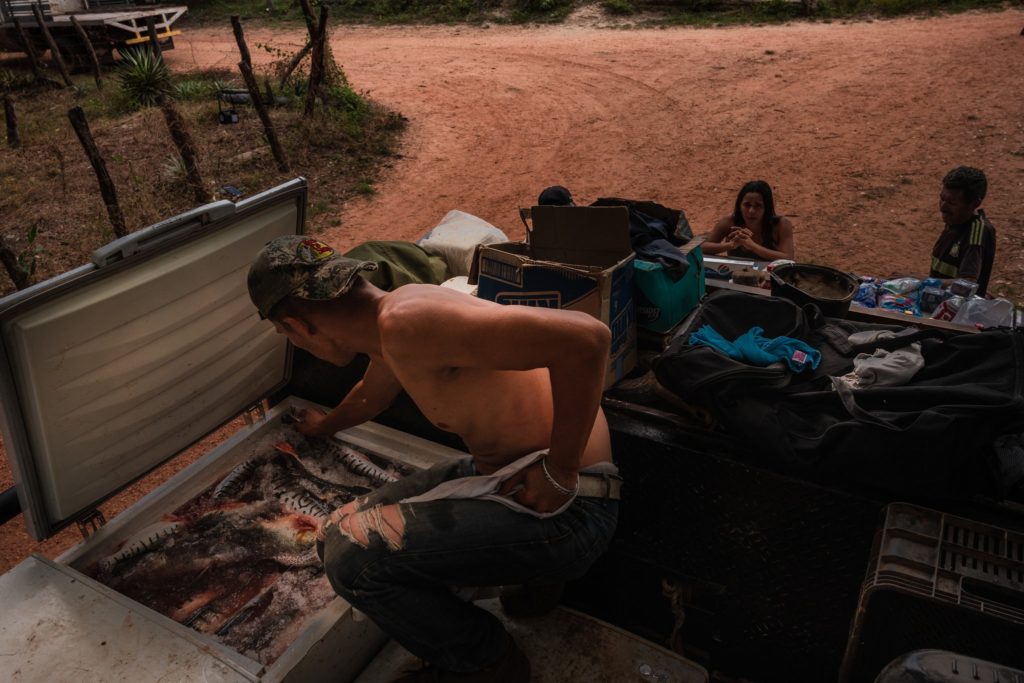
Cortesía: Adriana Loureiro Fernández
“Each place survives in its own way, as best it can,” said Armando Chacín, head of Venezuela’s ranchers’ federation. “They are completely different economies.”
Outside Caracas, citizens of what was once Latin America’s wealthiest nation can be relegated to surviving in what are nearly preindustrial conditions.
About half the residents of Venezuela’s seven major cities are exposed to daily blackouts and three-quarters get by without a reliable water supply, according to a September survey by the Venezuelan Public Services Observatory, a nonprofit.
In Parmana, flooding last year washed away the only road out of town, leaving the village without regular deliveries of food, fuel for the power plant and gasoline. To get by, its 450 remaining residents have resorted to clearing fields with machetes, rowing their fishing boats and using the beans they grow themselves as currency.
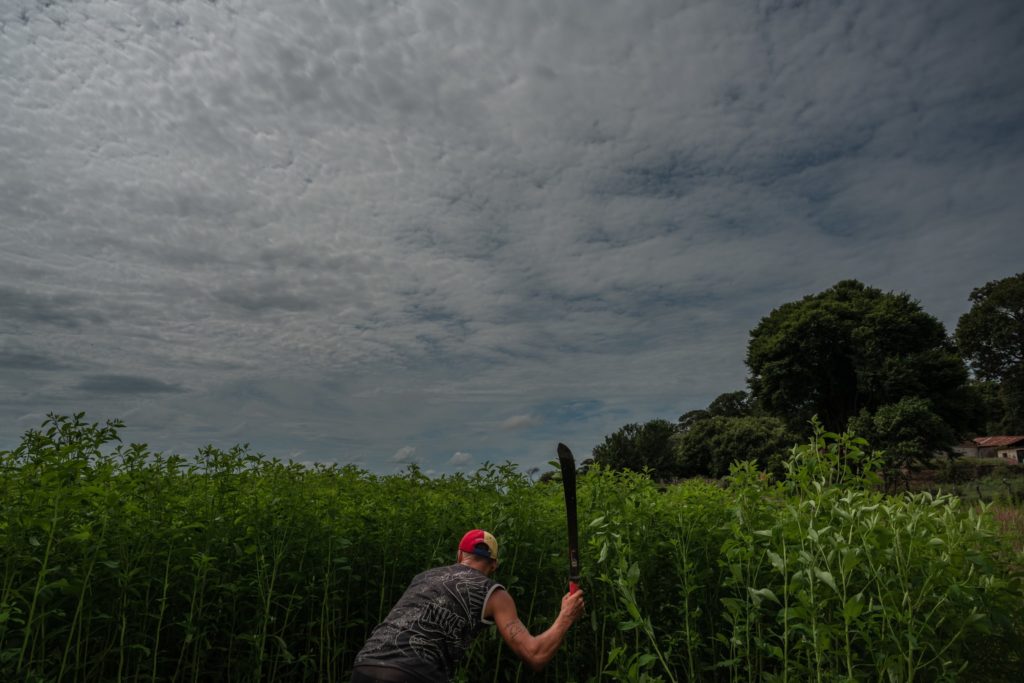
Cortesía: Adriana Loureiro Fernández
After decades of lavish oil spending, Venezuela’s government is running out of money. The country’s gross domestic product has shrunk 73 percent since Mr. Maduro took office in 2013 — one of the biggest declines in modern global history, according to estimates by the opposition-controlled congress, based on official statistics and data from the International Monetary Fund.
Unable to pay meaningful salaries to millions of state employees, the government has looked the other way as they resorted to graft, influence peddling and side businesses to make ends meet. The official salary of Venezuela’s top military general is $13 a month, according to Citizens’s Control, a Venezuelan research group.
In Caracas, the private sector — maligned for years under the Socialist government of Mr. Maduro and his popular predecessor, Hugo Chávez — has been allowed to fill some of the gaps in consumer products left by declining state imports.
As once sacrosanct economic controls disappeared overnight, the capital filled up with hundreds of new shops and showrooms, offering everything from imported sports cars to American-made seaweed chips.
And the burden of the country’s collapse has fallen largely on Venezuela’s provinces, where many residents have been effectively cut off from the central government.
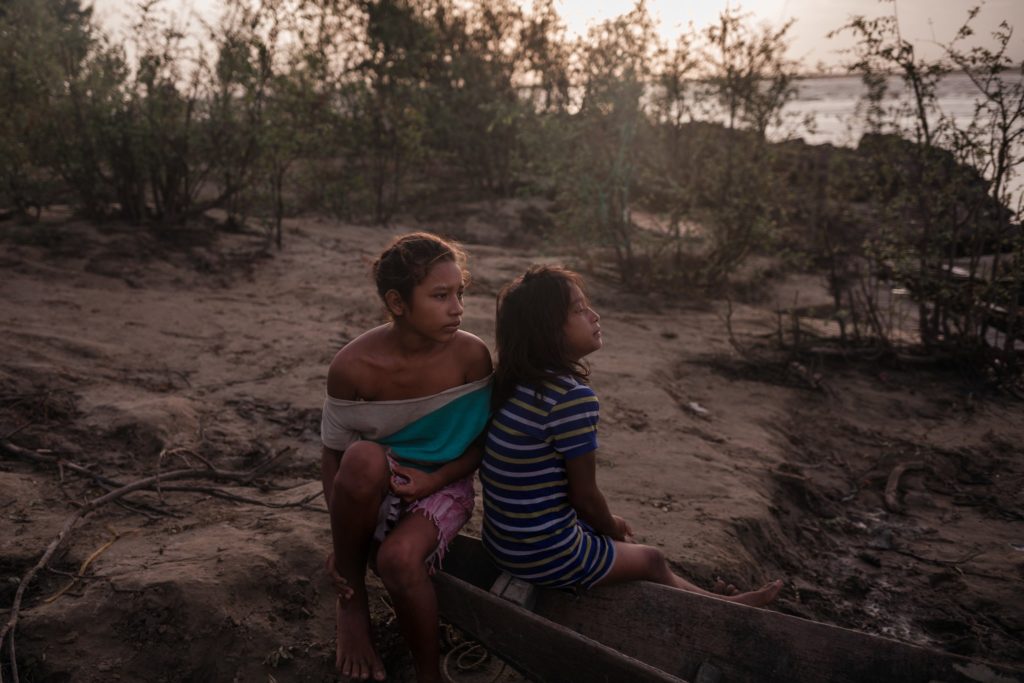
Cortesía: Adriana Loureiro Fernández
Regions close to Venezuela’s borders have resorted to smuggling and cross-border trade for survival. Agricultural towns in Venezuela’s interior have sunk into subsistence, as the collapse of the road system and gasoline shortages decimated domestic trade. Tourism hot spots have survived on private investment and by catering to the elites.
Local military commanders and a few ruling party strongmen with limited ties to Mr. Maduro have taken political control of far-flung regions. As national law enforcement shrank, irregular armed groups took their place, including Colombian Marxist guerrillas, former right-wing paramilitaries, criminal gangs, pro-Maduro militias and indigenous self-defense groups.
Across the Venezuelan interior, these groups have often taken charge of enforcing business contracts, punishing common crimes and even settling divorces, according to dozens of testimonies of residents collected over months of reporting in three regions.
The collapse of the Venezuelan state has run its course in Parmana, a large and once prosperous village of fishermen and farmers in Venezuela’s central plains.
For lack of pay, the local police unit packed up and left one day in 2018, followed by the public workers who ran social programs. Shortly after, locals chased away the village’s detachment of National Guards for drunkenness and extortion.
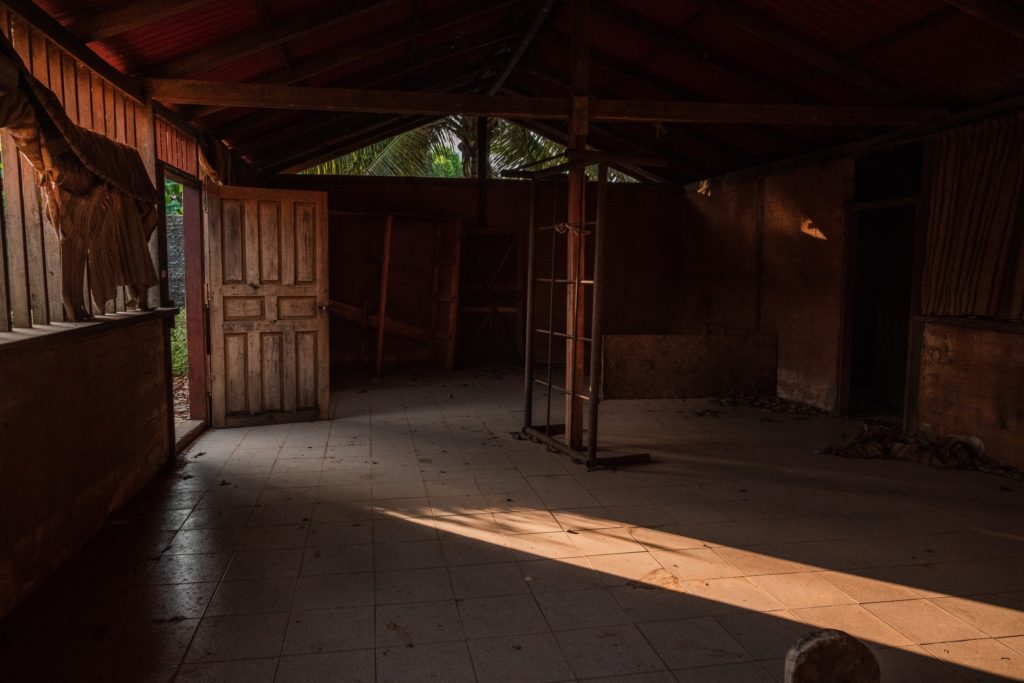
Cortesía: Adriana Loureiro Fernández
To replace the guards, the village leaders decided to travel to the closest gold mine controlled by Colombian guerrillas to ask them to set up a post in Parmana.
Over the past four years, to protect their supply lines, the guerrillas had wiped out the river pirates who had terrorized Parmana’s fishermen, robbing their boats of motors and killing several people.
“We need authority here,” said Gustavo Ledezma, a shop owner and community sheriff.
The guerrillas “bring order,” he said. “They don’t mess around.”
Parmana’s descent into lawless subsistence is a steep downfall from its glory days of exporting rice, beans and cotton. The village’s wetlands and pristine springs drew throngs of holidaymakers every year.
“Parmana, Parmana, how beautiful it is to wake up with you,” went a song by Venezuela’s legendary country bard, Simon Díaz.
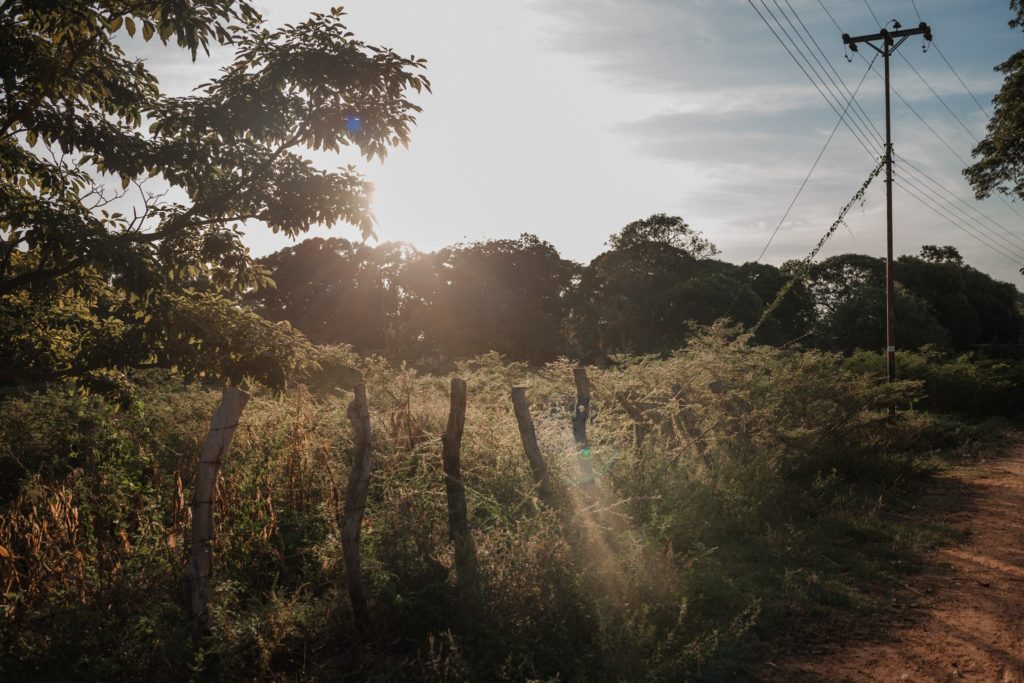
Cortesía: Adriana Loureiro Fernández
Mr. Chávez, the former president, had seen in the region’s agricultural potential the future of the Venezuelan economy. A decade ago, he spent at least a billion dollars building a bridge over the Orinoco to connect the region to Brazilian markets.
The bridge, unfinished, is now abandoned. Parmana’s springs dried up after a politically-connected landowner diverted the water to his cotton fields in 2013, destroying the tourism industry.
Now, on the village’s dusty streets, desperate fishermen stop the occasional visiting drivers in search of gasoline for their boat motors.
A farming family sat by a pile of watermelons. They had tried sending a phone message to a wholesaler to pick up their harvest, but the cellular tower had been down for two weeks, and they were unsure if he would come, or when.
“We have to depend on each other now, not on the state,” said Ana Rengifo, the community council leader.
In October, the village doctor went to the closest town to find medications for his empty shelves. He never came back. The abandoned Catholic church is filled with bats, its pews chopped up for firewood.
The pastor of the local evangelical group still comes once a week. The group meets daily to sing for salvation, but breaks up at sunset for lack of electricity.
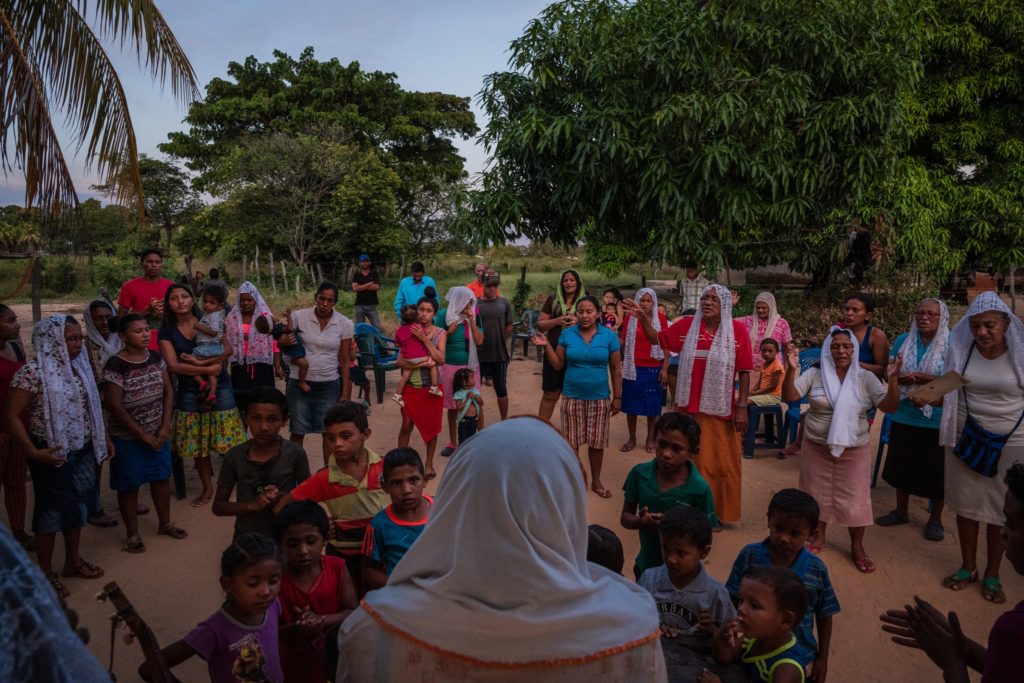
Cortesía: Adriana Loureiro Fernández
The village ambulance rusts in a shed without tires, its driver having left that job three years ago to plant beans to survive.
At the school, after singing the national anthem and doing calisthenics, the students study basic reading and math, but go home after an hour or two. Teachers say many of them get too hungry to focus.
Despite the town’s collapse, most here prefer to remain on their land, where they can grow some food, to risking hunger elsewhere.
“You go outside and the hunger kills you,” said Inselina Coro, a 29-year-old mother of four. “At least here you go to the river and get a fish.”
Ms. Coro lives with her children and her boyfriend, a fisherman, in a one-room shack of corrugated iron and dirt floors. The six of them share two hammocks. Her oldest daughter, Ana Herrera, 14, is pregnant, but the family has no means to take her to a doctor.
Ms. Coro’s dreams for her family are confined to moving to Caicara, a dilapidated town about three hours upstream. The reason? “There is electricity,” she said.
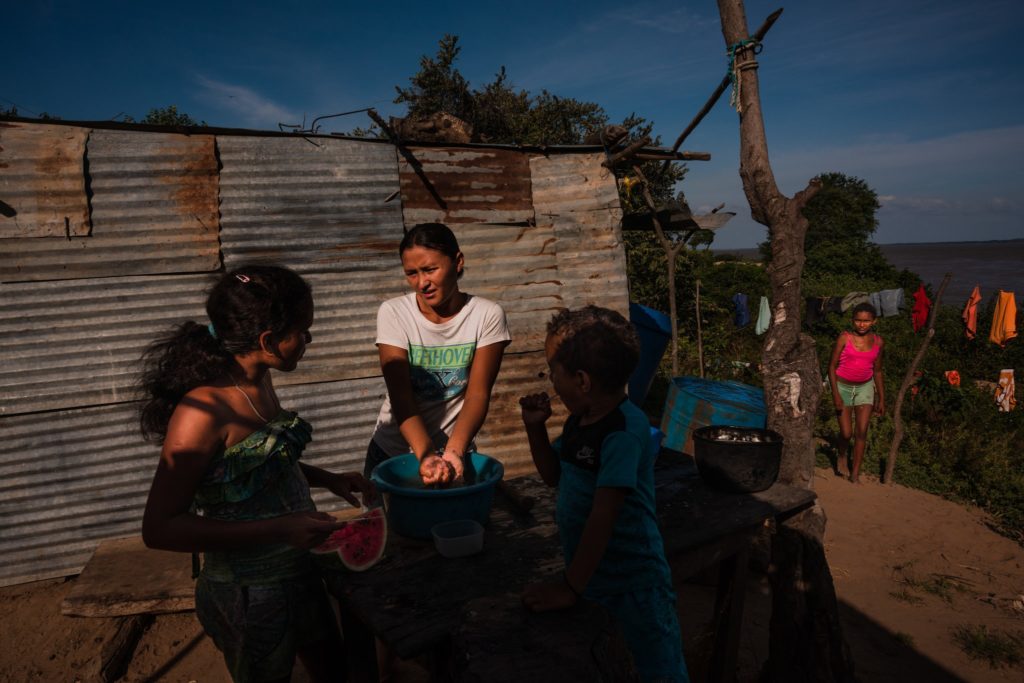
Cortesía: Adriana Loureiro Fernández


